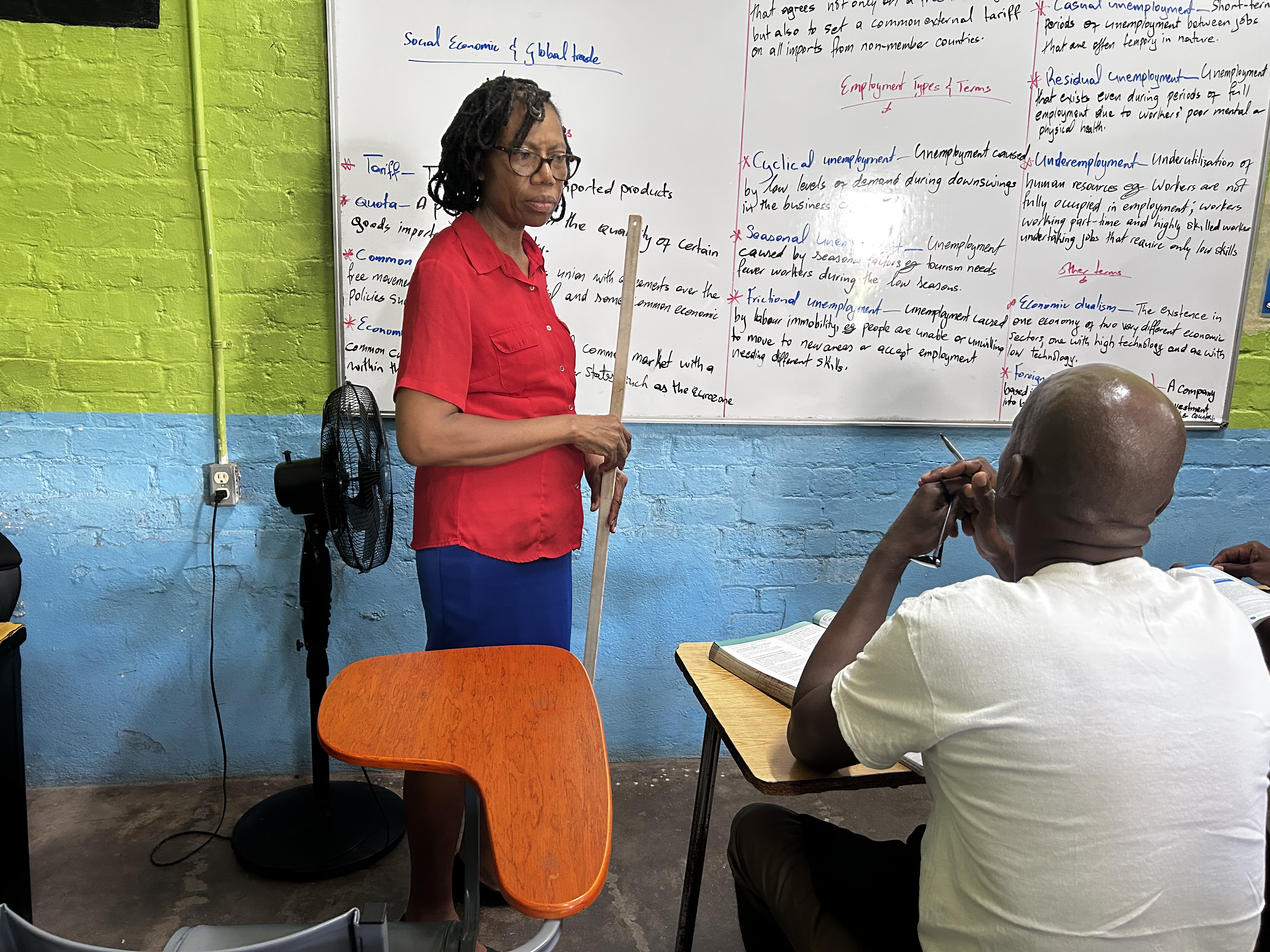
Home / Rehabilitation & Reintegration / Overview of Rehabilitation Programmes
The Department of Correctional Services (DCS) plays a critical role in achieving Goal 2 of Jamaica’s National Development Plan, which seeks to establish a secure, cohesive, and just society. In line with this goal, the DCS’ Rehabilitation Unit is dedicated to public safety by facilitating the transformation and reintegration of offenders into society.
Rehabilitation is a fundamental pillar of the DCS’ mandate. It ensures that inmates and juvenile wards have structured opportunities for personal growth and development throughout their sentence. Through a wide range of programmes—such as academic instruction, vocational training, sports, counselling, and religious activities—offenders are empowered with the tools necessary to re-enter society as law-abiding, productive citizens.
Rehabilitation begins at the point of incarceration with a structured case management system.
Upon admission, each offender undergoes a comprehensive risk and needs assessment conducted by a trained case manager. The findings from this assessment guide the creation of an individualised treatment plan, tailored to the offender’s specific challenges and potential for change.
Case management is a coordinated process that involves planning, advocating, and monitoring various intervention services drawn from social support networks. It ensures that each offender receives targeted assistance to address both criminogenic risks and rehabilitative needs.
The rehabilitation initiatives of the DCS are designed to:
Reduce recidivism
Lower crime rates
Reform offending behaviour
Enhance employment prospects for offenders
Improve self-esteem and personal responsibility
Equip offenders with marketable job skills
Facilitate successful reintegration into society
By placing rehabilitation at the centre of its correctional strategy, the DCS not only transforms individual lives but also contributes to national safety and social cohesion. This proactive approach ensures that former offenders are better prepared to rejoin their communities and lead constructive, law-abiding lives.
